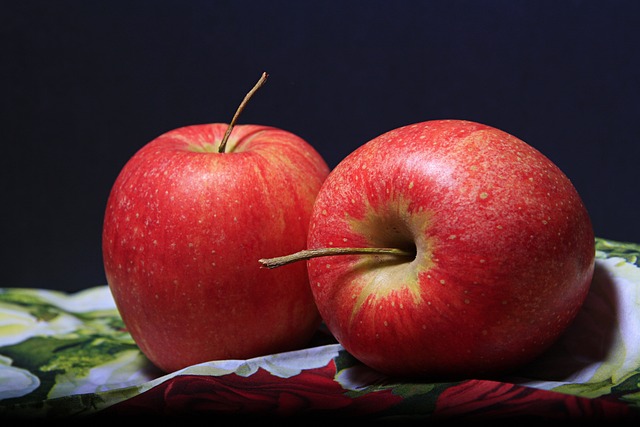Fermented Fantastic: Delving into the World of Probiotic-Rich Foods
Probiotics have gained significant attention in recent years for their potential health benefits. These “good” bacteria are known to promote a healthy gut and boost the immune system. While probiotic supplements are readily available, there’s a more delicious way to incorporate these beneficial microorganisms into your diet – through fermented foods.
What are Probiotics?
Probiotics are live bacteria and yeasts that are beneficial for your health, especially for your digestive system. They can be found naturally in your body and certain foods. Probiotics help maintain a healthy balance of bacteria in your gut, which is important for digestion, nutrient absorption, and overall well-being.
Why Choose Fermented Foods?
Fermented foods are a great source of probiotics. During the fermentation process, natural bacteria feed on the sugars and starches in the food, creating beneficial enzymes, vitamins, and other nutrients. This not only extends the shelf life of the food but also enhances its flavor and nutritional value.
Here are some popular fermented foods that you can add to your diet:
1. Yogurt
Yogurt is one of the most well-known sources of probiotics. It is made by fermenting milk with specific bacterial cultures, such as Lactobacillus and Bifidobacterium. These bacteria help break down lactose, making yogurt easier to digest for those with lactose intolerance. Choose plain, unsweetened yogurt with live and active cultures for maximum probiotic benefits.
2. Kimchi
Kimchi is a traditional Korean side dish made from fermented vegetables, mainly cabbage, and radishes. It is spiced with garlic, ginger, and red pepper flakes, giving it a tangy and spicy flavor. Kimchi is not only rich in probiotics but also packed with vitamins, minerals, and antioxidants. It can be enjoyed on its own or added to dishes like stir-fries and rice bowls.
3. Sauerkraut
Sauerkraut is a classic German dish made from fermented cabbage. It has a distinctive sour taste and is often used as a condiment or side dish. Sauerkraut is an excellent source of probiotics, fiber, and vitamins C and K. Be sure to choose unpasteurized sauerkraut, as pasteurization kills the beneficial bacteria.
4. Kombucha
Kombucha is a fizzy, fermented tea beverage that has been consumed for centuries. It is made by fermenting sweetened tea with a culture of bacteria and yeast known as SCOBY (symbiotic culture of bacteria and yeast). Kombucha is rich in probiotics, antioxidants, and organic acids, which have been linked to various health benefits, including improved digestion and immune function.
5. Miso
Miso is a traditional Japanese seasoning made from fermented soybeans, rice, or barley. It has a salty and umami flavor and is commonly used in soups, marinades, and dressings. Miso is not only a source of probiotics but also contains essential nutrients like vitamins, minerals, and antioxidants.
Integrating Probiotics into Your Diet
Incorporating probiotic-rich fermented foods into your diet is relatively simple. Here are a few tips to help you get started:
- Start slow: If you’re new to fermented foods, introduce them gradually. Too much too soon may cause digestive discomfort.
- Read labels: When buying fermented products like yogurt or sauerkraut, check the labels for live and active cultures.
- Experiment with recipes: Get creative in the kitchen and try new recipes that incorporate fermented ingredients.
- Make your own: If you’re up for a challenge, you can try fermenting foods at home. There are plenty of resources available online to guide you through the process.
The Bottom Line
Including probiotic-rich fermented foods in your







